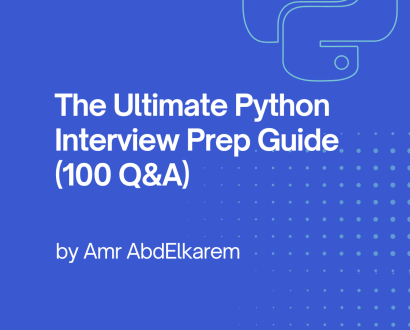The Programming Historian
The Programming Historian is an insightful and comprehensive guide co-authored by William J. Turkel, Adam Crymble, and Alan MacEachern. This book serves as an invaluable resource for historians and scholars seeking to harness the power of programming in their research and analysis.
With its focus on the intersection of programming and historical studies, The Programming Historian empowers readers to explore innovative approaches and methodologies. By demystifying complex programming concepts, the authors equip historians with the necessary tools to delve into the vast digital landscape.
Through this book, Turkel, Crymble, and MacEachern have assembled a rich collection of practical tutorials, case studies, and examples that bridge the gap between traditional historical research and cutting-edge computational techniques. Each chapter provides clear explanations, step-by-step instructions, and hands-on exercises that enable readers to acquire new skills and apply them to their own research projects.
From data visualization and text analysis to web scraping and GIS mapping, The Programming Historian covers a wide range of topics essential for digital historians. By incorporating programming languages such as Python and R, the authors demonstrate how these tools can facilitate the exploration, analysis, and interpretation of historical data.
One of the strengths of The Programming Historian lies in its commitment to accessibility. The book is freely available online, thanks to the Niche Digital Infrastructure Project. This initiative aims to foster collaboration and knowledge-sharing within the academic community. By offering the book as an open-access resource, the authors have democratized the field of digital history and made it accessible to historians and scholars from diverse backgrounds.
Whether you are a seasoned historian or a novice researcher, This book provides a roadmap for integrating programming into your historical practice. Its clear and engaging style, coupled with practical examples and exercises, makes it an indispensable companion for those eager to harness the power of programming in their historical research.
To learn more about The Programming Historian and access the book, please visit the official website: The Programming Historian.

